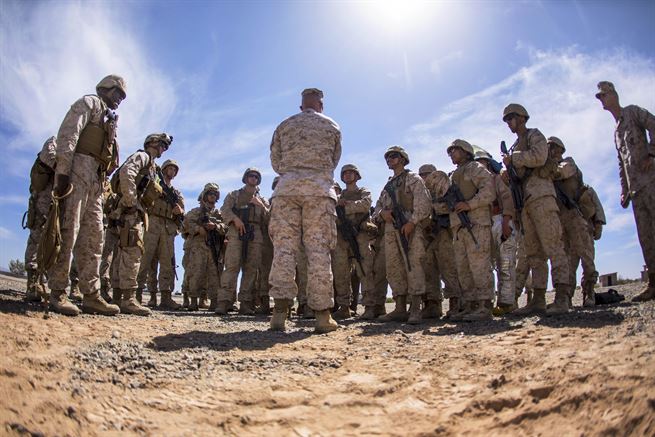A Time to Heal and the Importance of Operational Debriefs
Post Traumatic Growth PTG 160510
A message to all combat vets………………….
The Bible tells us that, “There is a time to kill, and a time to heal.” Let there be a time to heal. Let us actively seek and choose the path of healing from this point on. Whether we approve of the combat or not, no reasonable observer could should wish more pain and suffering upon those warriors who answered their nations call in distant lands.
Following a Traumatic Incident:
Immediately afterwards, you might experience trembling, sweating, chills, nausea, hyperventilation, dizziness, thirstiness, an urge to urinate, diarrhea, upset stomach, and jumpiness.
Later that night, you might experience sleep disturbance and nightmares. Some people do not suffer from any of these symptoms; some experience several of them, while others experience all of them. No matter how you react, it is important to understand that your reactions are normal.
In the days following the event, you might be preoccupied with what happened as you relive the experience over and over in your mind, second guessing yourself, and thinking you did something wrong even when you did everything right.
You might be angry, sad, irritable, hypersensitive, vulnerable, anxious, scared, self-conscious, paranoid, and afraid of being judged by others. You might feel elated that you survived, but guilty because others did not.
You might feel numb, robot-like, unnaturally calm, and alienated from those who “have not been there.” Your thinking might be confused, you might experience difficulty concentrating, and you might have an impaired memory.
“To everything there is a season, and a time for every purpose under the heaven. There is a time to be born and a time to die. A time to plant and a time to reap. A time to kill and a time to heal.” (Ecclesiastes Chapter 3 – The Bible)
What is a post operational debrief?
A debriefing is any discussion after an event that helps the participants come to terms with it, and learn from it. Hopefully, it helps to gain closure so that event will not continue to cause emotional distress. An informal debriefing can simply be a discussion that arises spontaneously after an event, while a formal debriefing takes the discussion one step further because it’s organized and facilitated to ensure it helps everyone.
Two Primary Functions of a Debriefing.
(1) First, it is needed to reconstruct the event from the beginning to the end, to learn
what was done wrong, what was done right, and to help develop operational lessons.
(2) Second, the debriefing is a time to put everything back together. Remember there might be memory loss, memory distortion, irrational guilt, and a host of other factors clouding the ability of the combatants to deal with everything that happened to them.
When time permits; always debrief – for the operational and metal health of your unit and warriors.
Note: Pain Shared = Pain Divided, Joy Shared = Joy Multiplied
SF DKD
Main image from Marines and sailors with 1st platoon, Company K, 3rd Battalion, 1st Marine Regiment
[jetpack_subscription_form]





